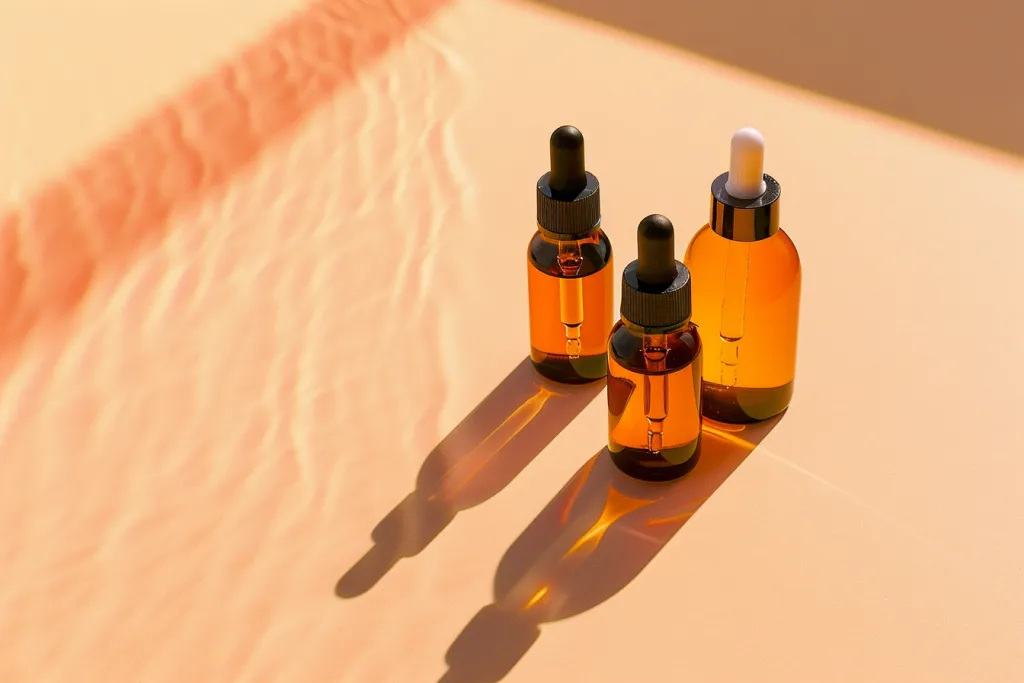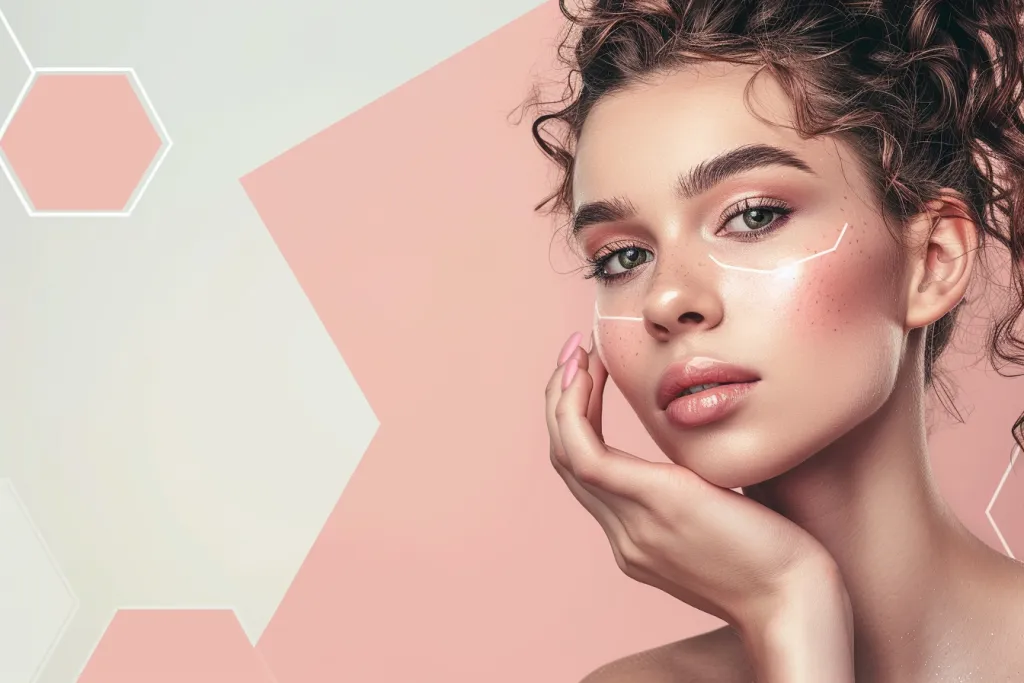In the vast universe of skincare, retinol products emerge as a beacon of hope for those yearning for radiant, youthful skin. This vitamin A derivative has been celebrated for its transformative effects, but navigating the sea of information can be overwhelming. This article aims to demystify retinol, guiding you through its benefits, application tips, potential side effects, product selection, and the science behind how it works. Let’s embark on this journey to unlock the secrets of retinol and how it can be the cornerstone of your skincare regimen.
Table of Contents:
– Understanding retinol and its skin benefits
– How to incorporate retinol into your skincare routine
– Potential side effects and how to mitigate them
– Choosing the right retinol product for your skin type
– The science behind retinol: How it rejuvenates your skin
Understanding retinol and its skin benefits

Retinol, a derivative of vitamin A, stands out in the skincare world for its multifaceted benefits. It’s renowned for its ability to accelerate cell turnover, revealing fresher, smoother skin beneath. This process aids in diminishing the appearance of fine lines, wrinkles, and uneven skin tone, making it a coveted ingredient for those pursuing a youthful glow.
Beyond its anti-aging prowess, retinol also plays a crucial role in managing acne. By unclogging pores and preventing future outbreaks, it offers a dual action of treating existing blemishes while warding off new ones. Its ability to regulate oil production further cements its status as a versatile skincare ally.
The benefits of retinol extend to enhancing skin texture and reducing hyperpigmentation. Its exfoliating effect helps in shedding dead skin cells, resulting in a smoother, more even complexion. Over time, users may notice a significant reduction in dark spots and a more radiant skin tone, showcasing retinol’s comprehensive approach to skin rejuvenation.
How to incorporate retinol into your skincare routine

Introducing retinol into your skincare regimen requires a thoughtful approach to maximize its benefits while minimizing potential irritation. Starting with a low concentration and gradually increasing it allows your skin to adapt without overwhelming it. Applying retinol products at night is advisable due to their sensitivity to sunlight, which can degrade the active ingredients.
Moisturizing is key when using retinol, as it can cause dryness, especially during the initial stages. Pairing retinol with a nourishing moisturizer helps to buffer its intensity and maintain the skin’s hydration levels. Additionally, incorporating a broad-spectrum sunscreen into your morning routine is crucial, as retinol can increase your skin’s sensitivity to the sun.
Listening to your skin is paramount when using retinol. If you experience significant irritation, scaling back usage to every other night or even less frequently can help your skin adjust. Over time, as your skin becomes more tolerant, you can gradually increase the frequency and concentration of retinol for optimal results.
Potential side effects and how to mitigate them

While retinol is celebrated for its transformative effects, it’s not without potential side effects. Common reactions include redness, peeling, dryness, and increased sensitivity to sunlight. These symptoms are typically temporary and can be mitigated with careful application and supportive skincare products.
To minimize irritation, starting with a lower concentration of retinol and using it sparingly can make a significant difference. It’s also beneficial to apply retinol on dry skin, as damp skin can enhance absorption, leading to increased sensitivity. Incorporating a hydrating serum or moisturizer can provide the necessary barrier to protect and soothe your skin.
Sun protection is non-negotiable when using retinol products. Applying a broad-spectrum sunscreen with an SPF of 30 or higher every morning can safeguard your skin from UV damage and prevent the exacerbation of retinol-induced sensitivity. By taking these precautions, you can enjoy the benefits of retinol while minimizing its potential drawbacks.
Choosing the right retinol product for your skin type

Selecting the appropriate retinol product is crucial for achieving desired results without compromising skin health. For sensitive skin types, opting for retinol formulations that include soothing ingredients like niacinamide or hyaluronic acid can help mitigate irritation. These combinations provide the benefits of retinol while buffering its intensity, making it more tolerable for delicate skin.
For those with oily or acne-prone skin, lightweight, non-comedogenic retinol serums are ideal. These formulations deliver the active ingredient without clogging pores or exacerbating oil production, addressing acne concerns while imparting anti-aging benefits.
Dry skin types may benefit from retinol creams with emollient properties, offering a richer texture that hydrates while treating the skin. These creams can counteract the drying effect of retinol, ensuring that your skin remains moisturized and comfortable throughout the treatment process.
The science behind retinol: How it rejuvenates your skin

At its core, the efficacy of retinol lies in its ability to penetrate deep into the skin and stimulate collagen production. Collagen, the protein responsible for skin’s elasticity and firmness, diminishes with age, leading to wrinkles and sagging. Retinol’s capacity to boost collagen synthesis is a cornerstone of its anti-aging action, helping to restore the skin’s structural integrity and youthful appearance.
Retinol also accelerates cell turnover, a process that slows down as we age. By promoting the shedding of dead skin cells and the emergence of new ones, retinol helps to fade hyperpigmentation, smooth out texture irregularities, and refine the skin’s overall complexion. This rejuvenating effect not only enhances skin appearance but also supports its health, making retinol a powerful tool in any skincare arsenal.
Conclusion
Retinol products offer a dynamic solution to a range of skin concerns, from aging signs to acne. By understanding how to properly integrate retinol into your skincare routine, acknowledging potential side effects, selecting the right product for your skin type, and appreciating the science behind its benefits, you can harness the full potential of this powerhouse ingredient. With patience and care, retinol can lead you to the radiant, youthful skin you aspire to achieve.




